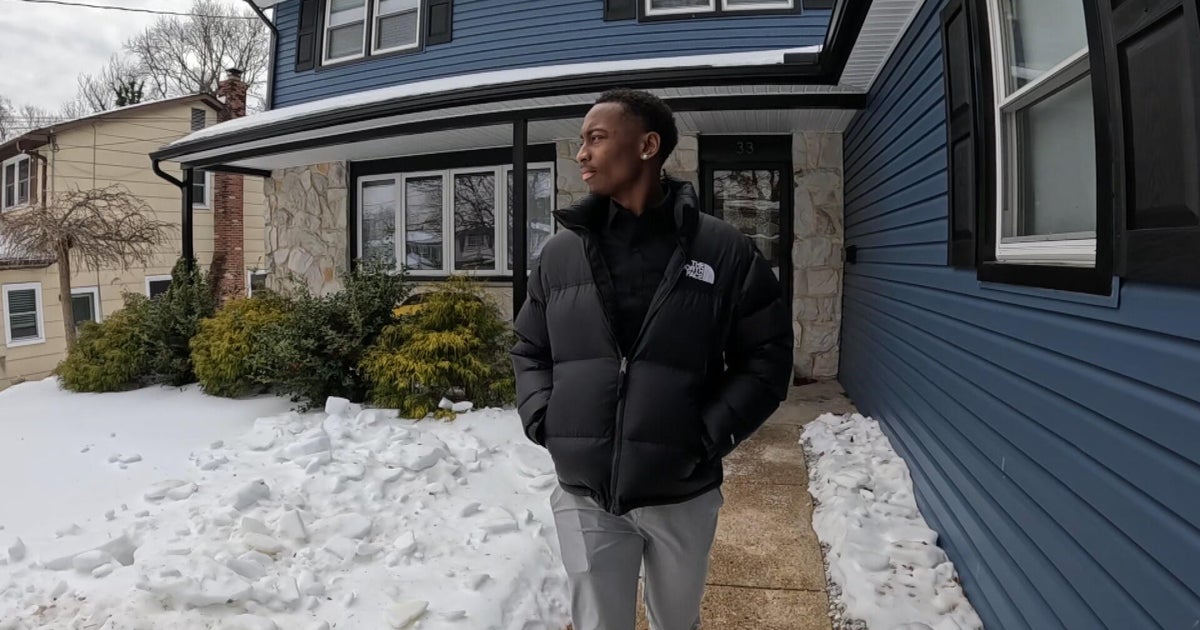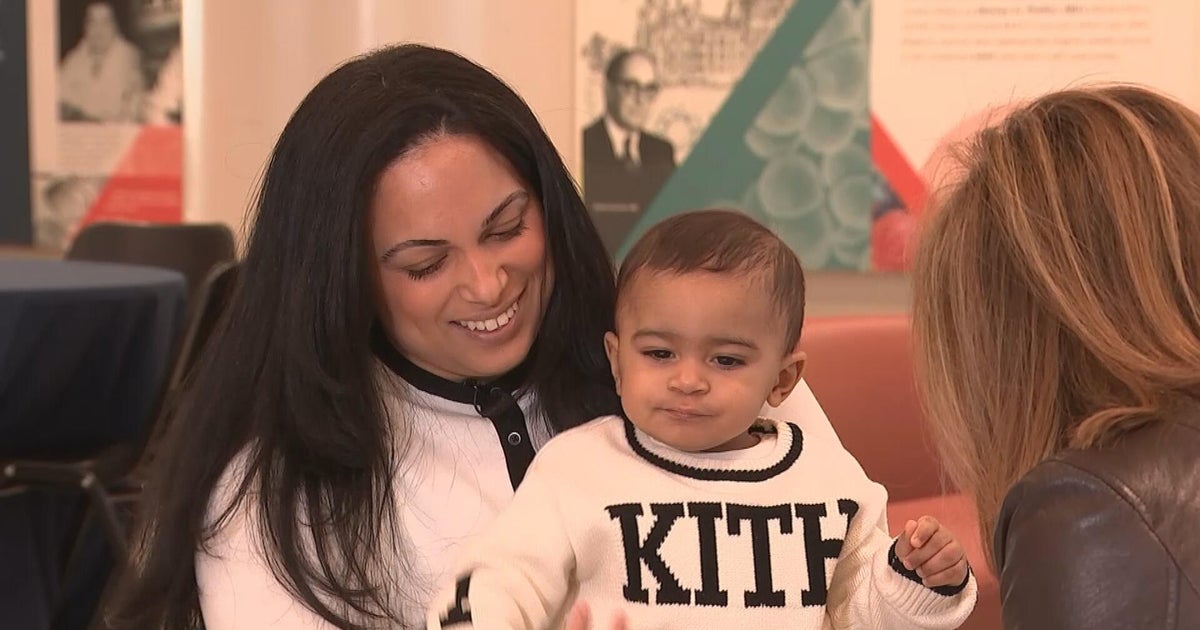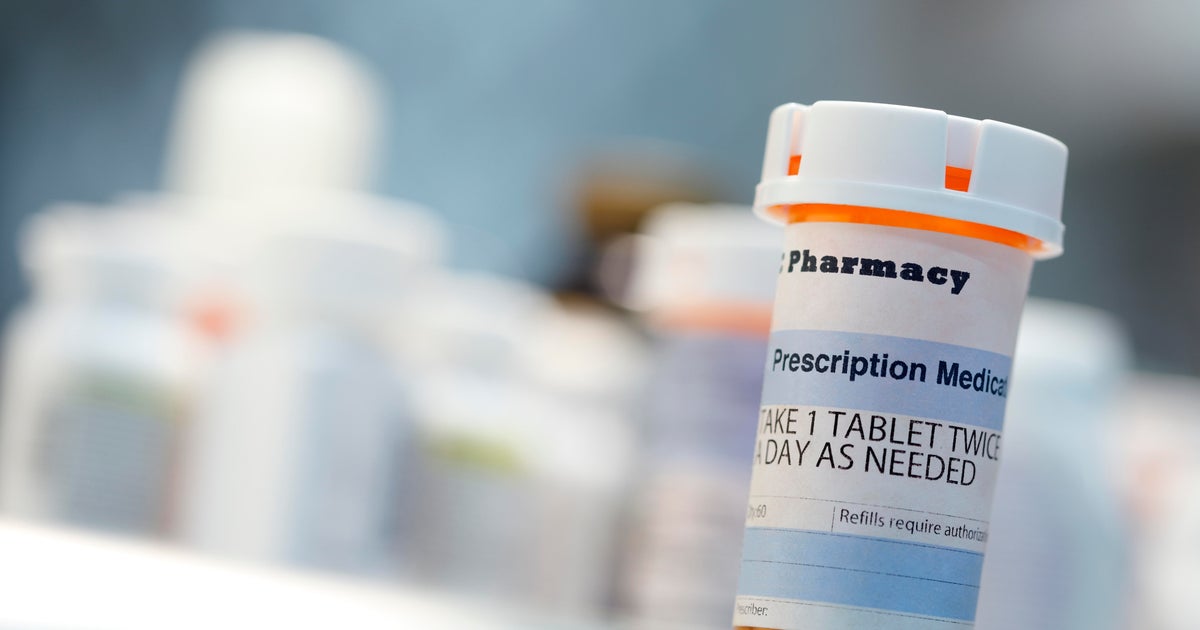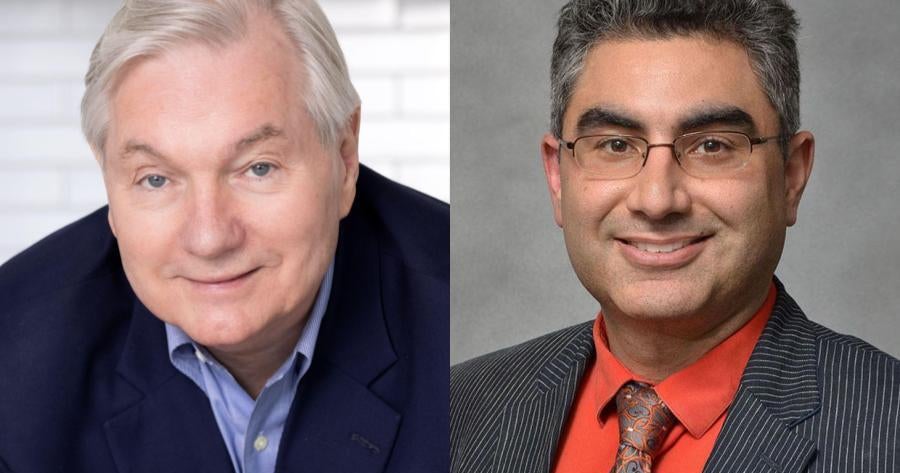New treatment for type 1 diabetics gives hope to University of Chicago patients
CHICAGO (CBS) – A groundbreaking treatment for type 1 diabetes is showing promising results for patients in Chicago. It's a minimally invasive procedure that could mean diabetics don't have to inject themselves with insulin.
Three patients at the University of Chicago Medicine are in the trial for the treatment. One is off insulin. The other is reducing his insulin requirement and hopes to stop soon.
"This medication has a great potential to be less toxic to the patient and be more beneficial providing better outcomes in islet transplantation," said Dr. Piotr Witkowski, a professor of surgery at UChicago Medicine.
The medication, tegoprubart, has been modified over the last 25 years to help bring positive results for type 1 diabetic patients who use insulin like Marlaina Goedel.
"I have so much more energy," Goedel said. "I feel so free."
For 25 years, she has lived with type 1 diabetes. She calls the experience chaos from the time she was 5 years old.
"I would go to sleep at night and think, 'This might be my last night. I might not wake up and see my daughter ever again,'" she said.
Goedel said her tipping point was when her daughter found her on the floor after her sugar crashed. She then talked to three doctors about islet cell clinical trials and got nowhere until she researched.
"I emailed the University of Chicago and essentially just wrote out my entire life story and just saying, 'Please help. I've had enough,'" she said.
That was last October, and on July 17, she went in for her procedure.
"I have a really cool scar," she said. "I show everybody who will look at it. They just made a very small incision and then injected the islet cells in my liver since my pancreas doesn't work. So they injected them into the liver."
Three weeks later, she was off insulin. For that, she thanked her superhero trial co-investigator, Dr. Witkowski.
"Her life was severely compromised and she couldn't live like this anymore," Witkowski said.
Three months later, Goedel is living a life like never before, which often includes double cheeseburgers.
"It's been great, and I look forward to help other diabetics to get their hope back," she said.
Witkowski really hopes they can expand the pool of patients they can help so they can continue the life-changing transplant. Since Goedel was not able to achieve her dream of having a horseboarding facility, she is now in school for horse massage and laser therapy.







